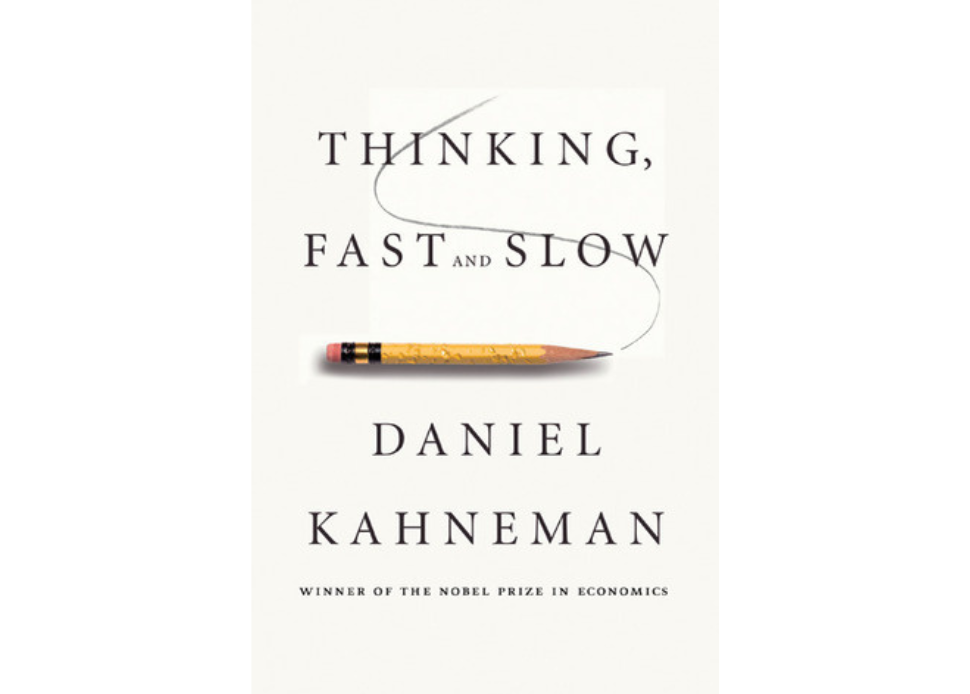
Have you built it?
One of my favorite questions to ask clients, relative to their professional life, is “How do you want to be seen?” or “How might you describe your professional or personal brand?”.
The other day, I was really impressed by how articulately a very senior leader answered that question. “Thomas” had a significant health scare in his late 30s that was work stress related, and it was a game changer for him. He told me it forced him to reprioritize his life, as he focused on what really mattered. As he described it, late in life he even got married and had a son.
What does Thomas want to be known for? In his market, he wants to be known as an expert in EBITA – the turnaround guy, a leader who pours a lot of energy into developing his team, and a dad who has an active, healthy lifestyle.
What is your brand story and what does it say about you?
#WiseWords
they’ll do business with you”
Worth The Share

This article uses a common project management framework to develop a personal brand. Written by Dorie Clark and Antonio Nieto-Rodriguez, their clear, pragmatic approach will help you create something so that you will stand out in your career.
Here are their five steps:
- Identify your purpose – do you want to be an expert? Understand your purpose and why it matters to you
- Decide on your investment – is it time to expand your network, build your social profile or create content?
- Get clear on the benefits, and how you’ll track them – building your brand will take time. How will you monitor your success, stay on track and stay motivated throughout?
- Identify your stakeholders – both internal and external stakeholders. Where do you want your brand to take five to ten years from now?
- Lay out your resources and deliverables – make sure you are not spreading yourself too thin, and determine how your out of work activities support your brand or not. An example they give is to teach at a local university to build your brand.
If you want to learn more about their process, check out Approach Your Personal Brand Like a Project Manager and start building it.
And Finally...

In this article on building your personal brand from Buffer, the author Tamilore Oladipo, emphasizes a few things that also really matter about this topic. Make sure that your personal brand aligns with your values, that you share your insights in social media and don’t just like what other people say, and that you show up as your awesome, authentic self. And if needed, elicit the help of marketing experts, social media providers, writers, or videographers to help you. I have done that and it’s been really helpful.
Take some time to think about building your brand, and maybe do the work to intentionally build it. If you do, it will have an out-sized impact on your professional career.



